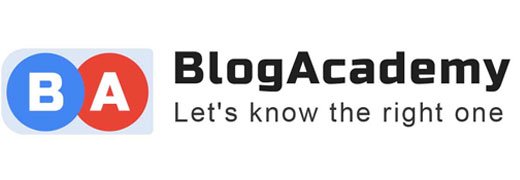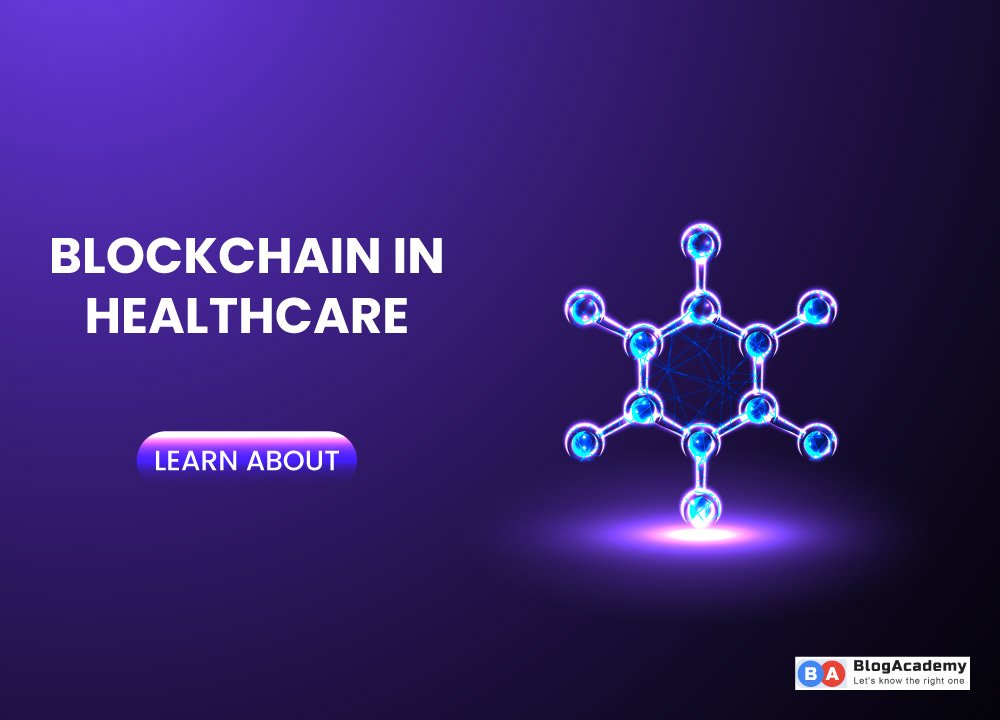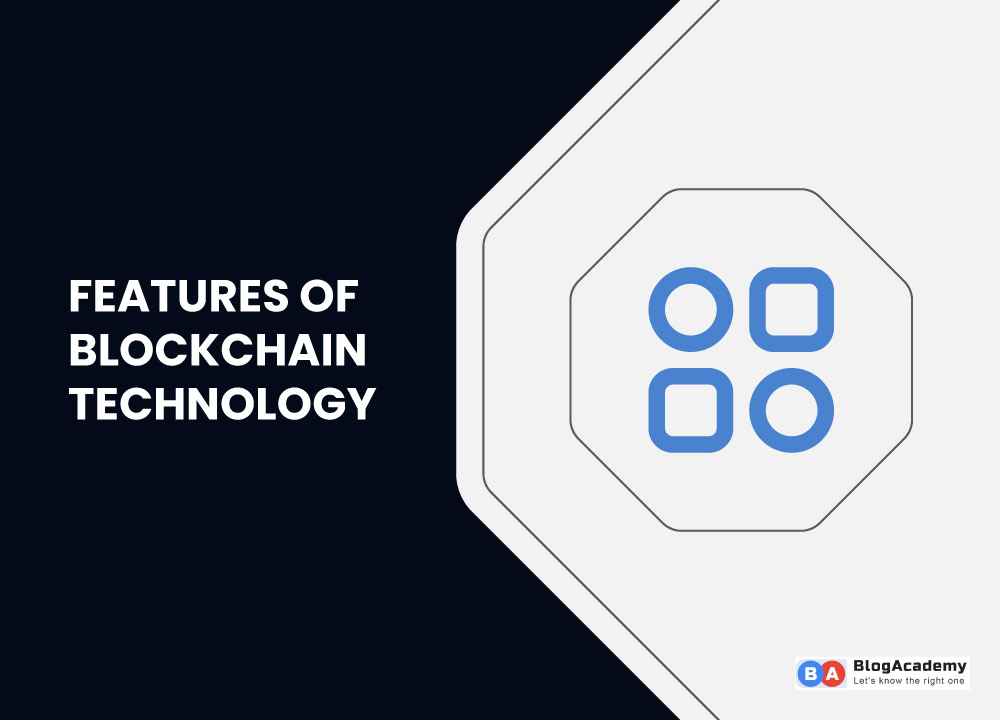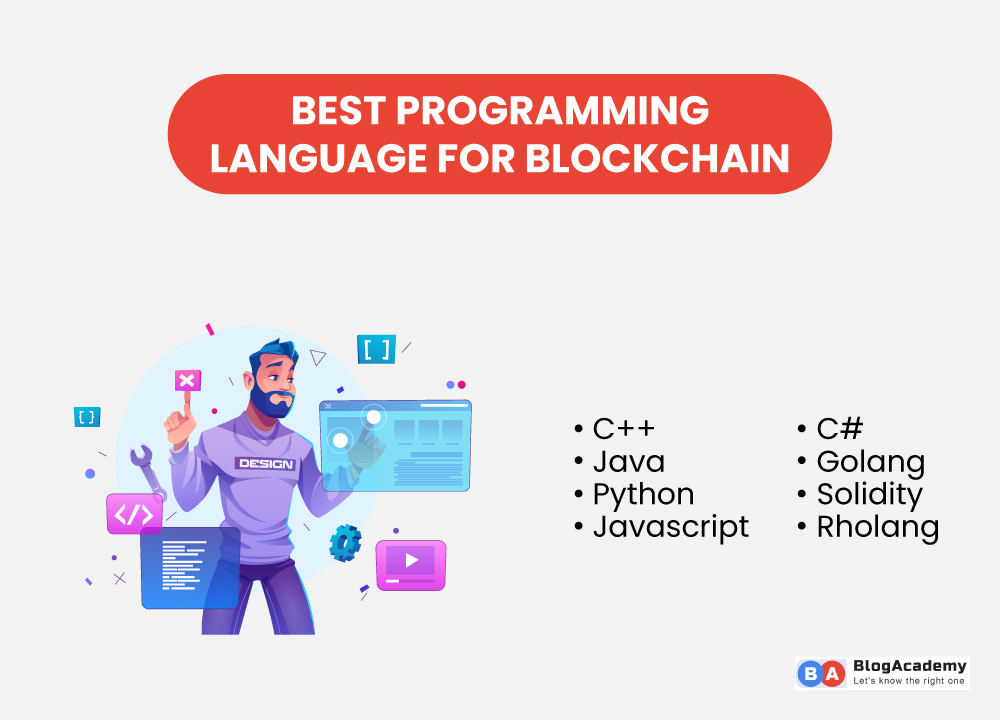There is a much number of Blockchain examples in healthcare. The application of blockchain technology in the medical field enables patients to own their own data and ensures health security.
Using blockchain technology physicians generally understand existing medical conditions and treatment options, which is extremely helpful to the medical industry.
Through this blog post, we will explain blockchain examples in healthcare and the contribution of blockchain in the healthcare sector step by step. Let’s start.
Blockchain in healthcare
Blockchain is a distributed system that generates and stores healthcare data with privacy and accuracy. Slow performance, data errors, and administrative complexity are serious concerns for the healthcare industry. To solve these serious concerns, Blockchain has several uses in healthcare, including tracking drugs through the supply chain and managing patient data.
In addition, blockchain can provide significant security benefits to hospitals. As these institutions are often in danger of hackers due to the high value of their data and their high reliance on it.
Medical Companies and the health sector are turning to the use of blockchain as a way to store digital health records. Such solutions can reduce overall costs while increasing data privacy and accuracy.
Blockchain software use in healthcare
There is a lot of new software using blockchain technology in the healthcare industry. Some of these have created digital assets like Bitcoin with their own blockchain technology and become tradable on stock exchanges. Others are software that stores data on blockchains like Ethereum.
A few blockchain software examples in healthcare are given below:
- Kulinda: It is a blockchain application designed to store the communication data of medical devices with each other and the usage information in the treatment process.
- Pharmameum: It is a blockchain application used to transfer digital prescriptions and medical data used in drug procurement.
- Medrek: This is a blockchain application that enables patients to easily share their data with organizations they allow.
- ScalaMed: It is an application with a blockchain infrastructure that brings together drug manufacturers, drugstores, pharmacy chains, and hospitals to prevent fraud in prescriptions and enables registration, verification, and transfer of drugs done securely.
Blockchain companies in the healthcare market
Blockchain technology incorporates mechanisms to enhance healthcare data security and gives facilitates clinical trials by documenting time stamping. There a number of famous blockchain companies work for the healthcare market to ensure security and quality service in the healthcare industry.
Few companies working on blockchain in the healthcare market:
- iSolve
- health hash
- the patient
- Medical chain
- in sequence
- Pharma Trust
- Symbiotic health
- Link Lab
- IBMI
Examples of using Blockchain in healthcare
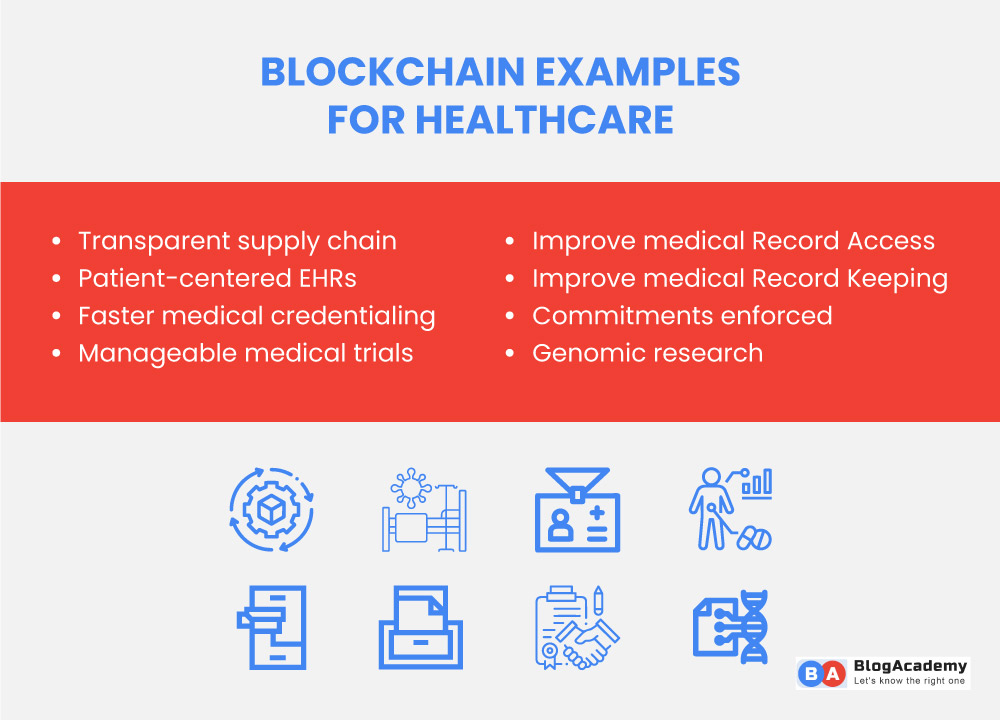
Healthcare is a very complex and convoluted industry. A lot of healthcare and blockchain companies are currently working on blockchain-based systems to improve healthcare for both professionals and patients.
By decentralizing the history of patients’ health by tracking pharmaceuticals and improving payment options. Blockchain has become a very useful tool for revolutionizing the healthcare industry worldwide.
Here are some of the most important blockchain examples in healthcare we will explain below:
- Transparent supply chain
- Patient-centered EHRs
- Faster medical credentialing
- Manageable medical trials
- Improve medical Record Access
- Improve medical Record Keeping
- Commitments enforced via smart contracts
- Genomic research
Blockchain grows up supply chain Transparency
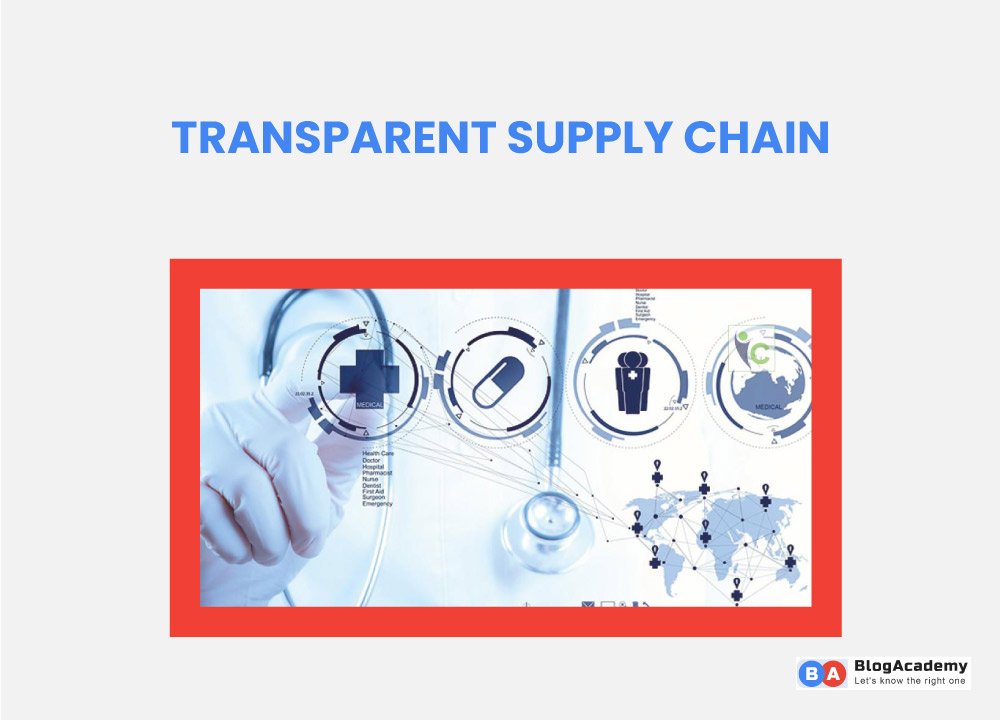
Allows customers to track: One of the most important reasons to use blockchain in healthcare is that allows customers to track the product at every stage including manufacturing, wholesale, and shipping to ensure the items are legitimate.
Incorporate extensive information: This is crucial for medical devices and drugs. Blockchain can incorporate extensive information, such as labor costs and how much wastage is emitted during manufacturing and transportation.
MediLedger: MediLedger is a great example of blockchain protocol that helps healthcare organizations to verify information on the prescription drugs supply chain. MediLedger also includes medicine expiration dates and manufacturers.
Peer-to-peer messages: It allows parties to exchange secure peer-to-peer messages and many healthcare providers, such as Bayer, Cardinal Health, and Pfizer uses this network. This network makes a great Transparent supply chain in healthcare.
Authorizes patient-centric EHRs
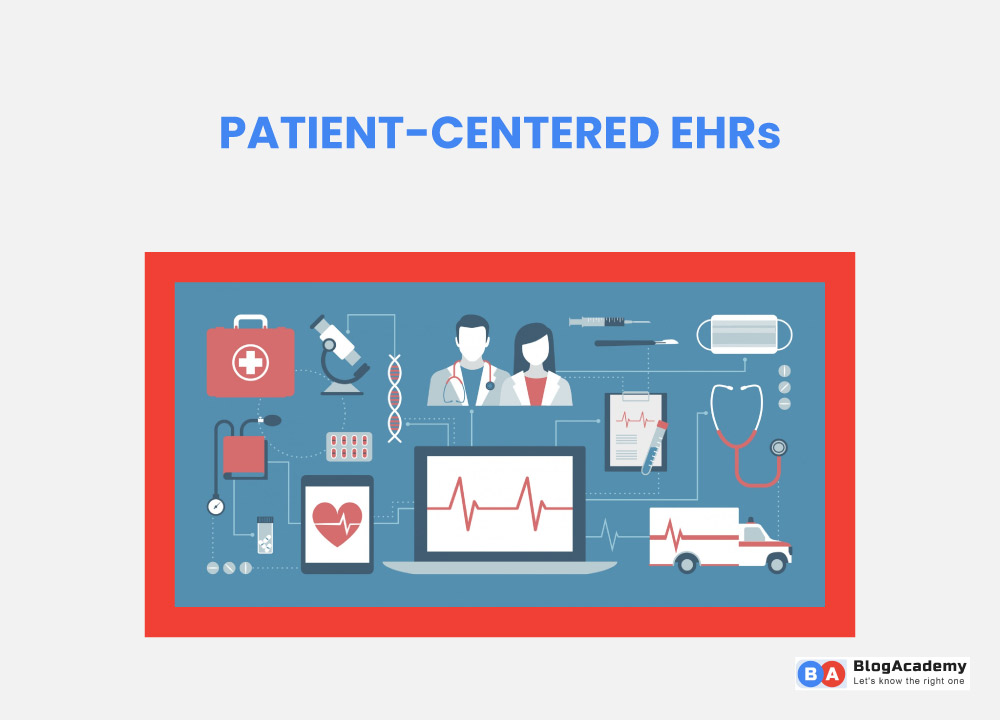
Sensitive issue: Sharing medical data and highly regulated task is a sensitive issue for the healthcare industry. A survey of physicians and nurses in the US reveals that 74% of respondents believe that patients’ safety is at risk when exchanging their health information among different departments.
Comprehensive overview: Blockchain comprehensive overview of patients’ records and manage data sharing consent. This blockchain system gives patients full control over their records and is also notified when data is updated.
Time-limited: Patients can set time-limited on how long their records are visible to particular third parties. An insurer can use this blockchain to validate confirmations with patients directly, without intermediaries.
Integrate electronic medical records: Blockchain helps healthcare providers integrate electronic medical records into blockchain-powered platforms and developed healthcare solutions. Such as virtual marketplace and consultations that author patients to monetize their anonymized medical data.
Provides fastness medical credentialing

Faster and more reliable: Blockchain technology can provide a faster and more reliable substitute that maintains comprehensive and affordable healthcare reports and databases. This technology doesn’t rely on direct human reference.
Log and monitor: It allows a healthcare organization to log and monitor the credentials of its staff. This streamlines the hiring process and transparency and trust between hospitals, patients, and subcontractors.
Faster medical credentialing: Mostly blockchain records allow incremental updates when need to add a qualification. Faster medical credentialing is the most important blockchain example in healthcare.
ArchiveCore: ArchiveCore is a healthcare credentialing setup that uses blockchain to verify the primary source documents to reduce time on the new hires’ background checks. It also verifies fast credentials medical licenses, training, skills, and education typically performed via phone and email.
Facility Manageable medical trials
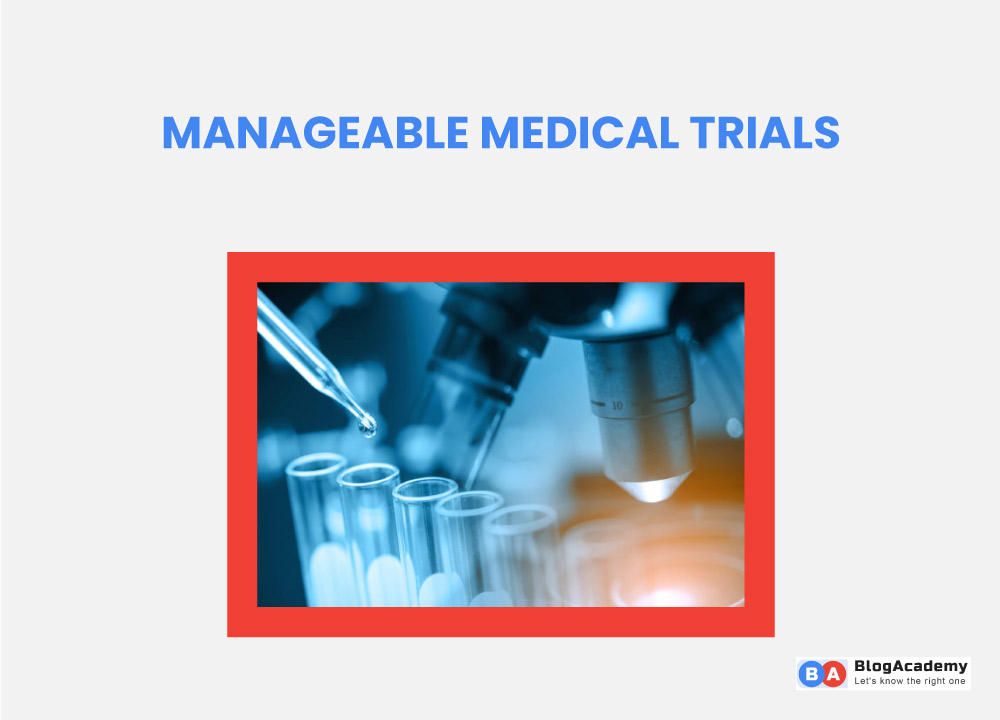
Produced huge amounts of data: Manageable medical trials work as a great Blockchain example in healthcare. Medical trials produced huge amounts of data and involve a lot of people, such as manufacturers, sponsors, doctors, researchers, study subjects, etc.
Stored in the central database: A recent time report shows that 8% of cancer patients participated in medical trials and their Information is typically stored in the central database by use of blockchain to make it challenging for all stakeholders.
Enable data: Blockchain gives medical trials in healthcare more transparency, allowing researchers to identify studies with questionable protocols and prevent their publication. Blockchain will enable data to be stamped and securely stored in all medical trial documents.
Manage all important medical trials: Medical data include project proposals, research designs, blood tests, patient consent forms, etc blockchain can help manage all of these important medical trials.
Blockchain Improves Medical Record Access
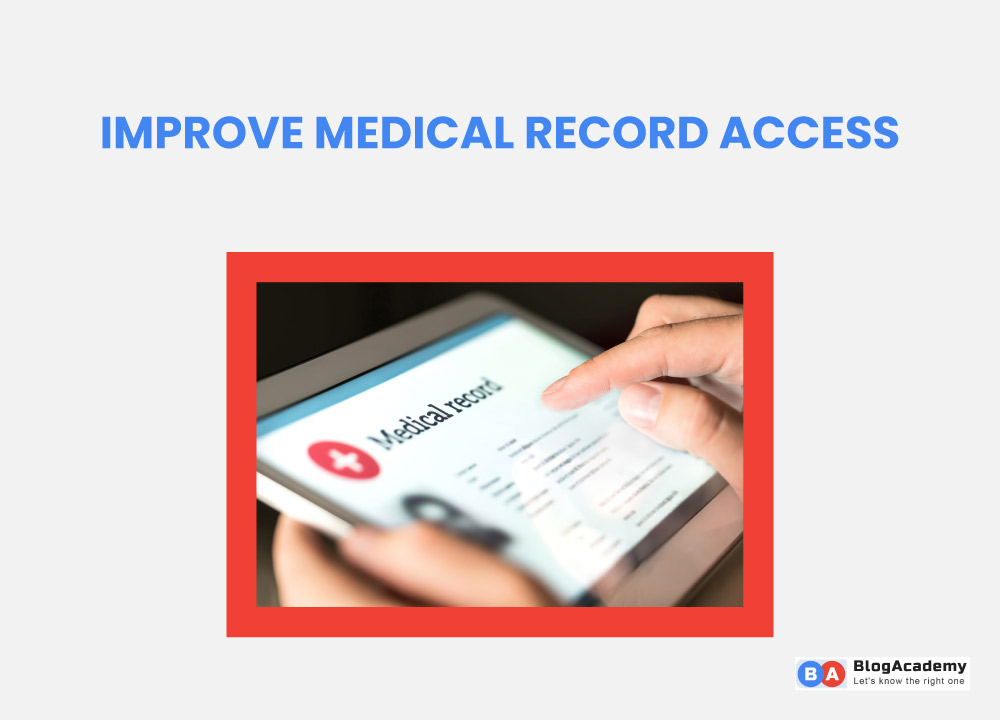
Patient data record management access: One of the most popular examples of using blockchain in healthcare to its patient data record management access. Medical records tend to be able to separate by health agencies to make it impossible to determine a patient’s medical history without consulting their previous care provider.
Take significant time: Blockchain can take significant time to Improves Medical Record Access securely And may often result in a human error to do.
Stores all of the patient’s data: The blockchain system prioritizes patient agency and gives transparent access to view medical history. It stores all of the patient’s data in one place to make it simpler for patients and doctors to view.
Improving medical Record Keeping
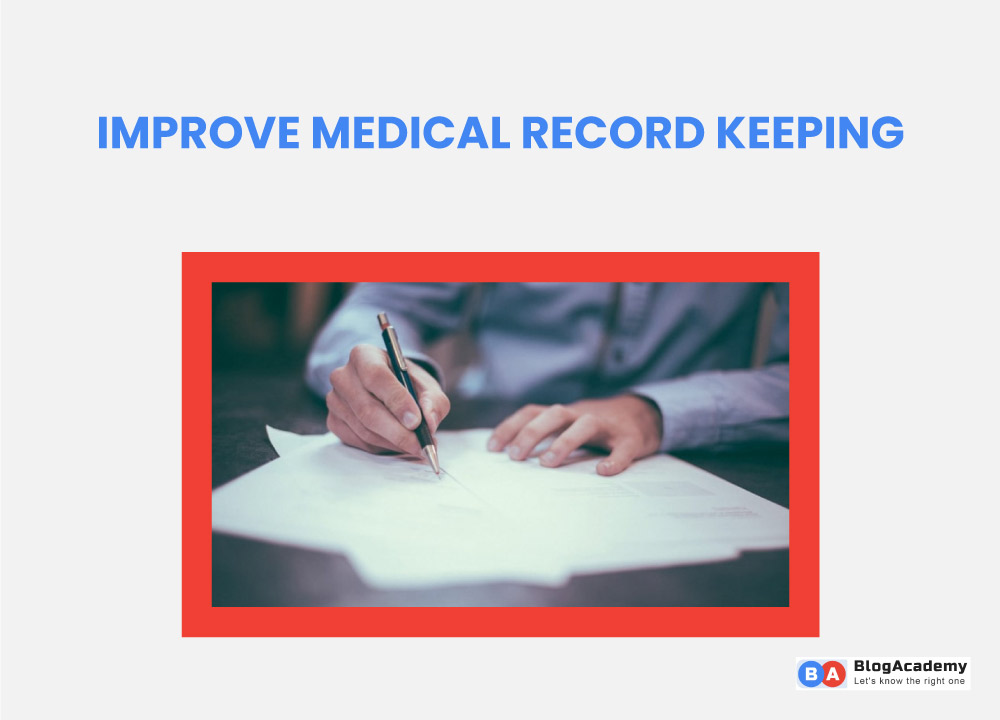
Increases transparency: Blockchain increases transparency between medical and institutions by putting all patients’ medical information. It includes images and different types of information concerning patients’ conditions.
Mobile apps: This information is able accessed by doctors and patients through their mobile apps. It also gives medical data security through the Decentralized Ledger technology (DLT). Blockchain improves the medical record and provides security for patients with a healthcare database.
Blockchain enforces commitments via smart contracts
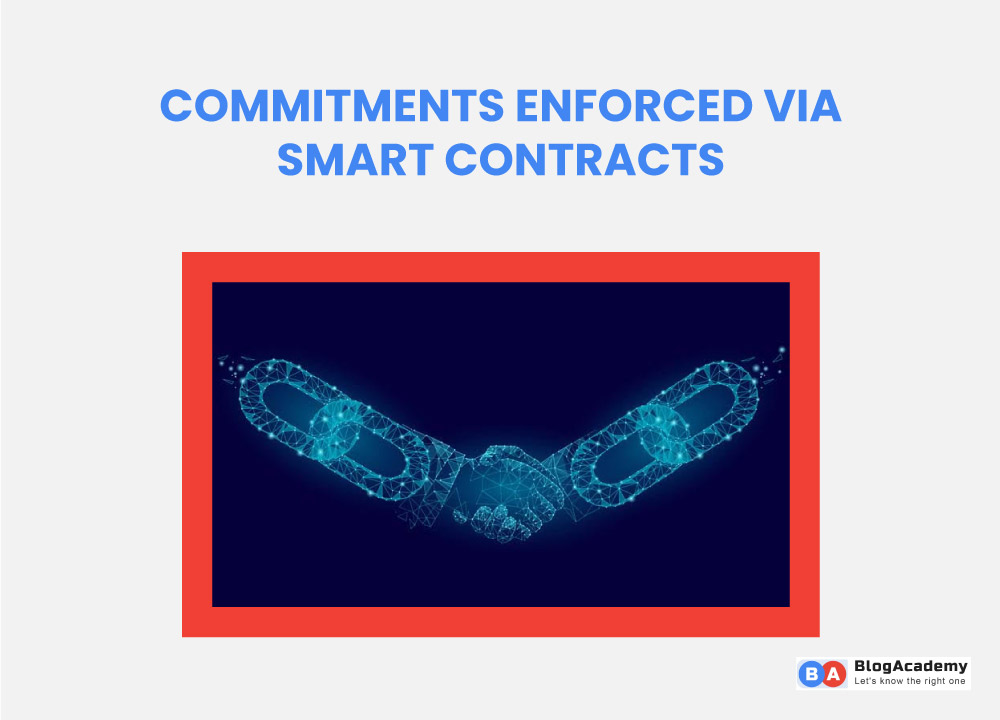
Contract-related problem: Contract-related problem faces in every industry. Commitments enforced via smart contracts are an excellent blockchain example in healthcare. The medical sector denied incomplete information, duplicate claims, and improper registration problem. Smart contracts can solution to this daunting problem.
Piece of code: A smart contract is a piece of code that is deployed on the blockchain. It helps the medical sector to cut down on costs by eliminating intermediaries. Blockchain enables various healthcare actors such as Medical device manufacturers, providers, insurers, and patients.
Innovative conducting: To authenticate them on the network and document contact which will be carried out automatically stakeholders turn on smart contact to verify facts and speed up dispute resolutions. Blockchain provides to participate healthcare with innovative conducting secure via smart contracts.
Authorizes genomic research
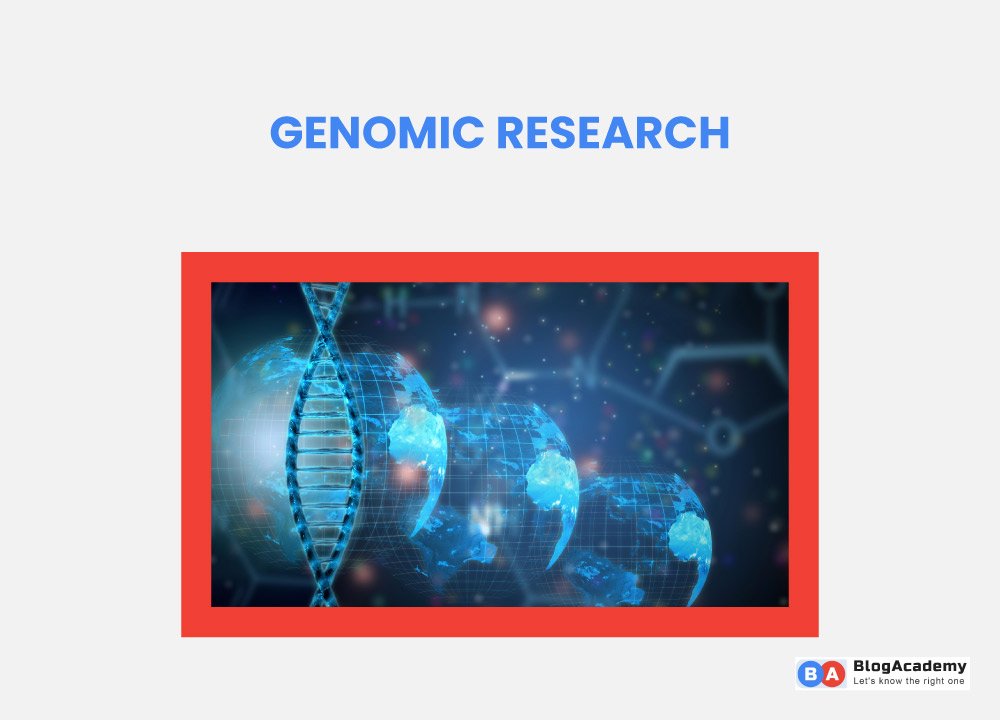
Store and exchange genomic data: Genomic research is a tremendous blockchain example in healthcare. Blockchain technology allows participants to store genomic data and exchange them with secure interest parties and established ownership.
Monetizing genomic information: Blockchain also supports the individual in legally monetizing genomic information without involving a mediator. For example, Blockchain offers an enabled DNA marketplace where participants are able to upload, search, share, and sell genetic data using traceable DNA tokens.
In The End
Blockchain generates and stores healthcare data with privacy and accuracy by tracking drugs through the supply chain and managing patient data. Blockchain has a lot of examples in healthcare such as a Transparent supply chain, Faster medical credentialing, Improve Medical Record Access and keeping, and Genomic research. These examples are very effective in the healthcare industry.
